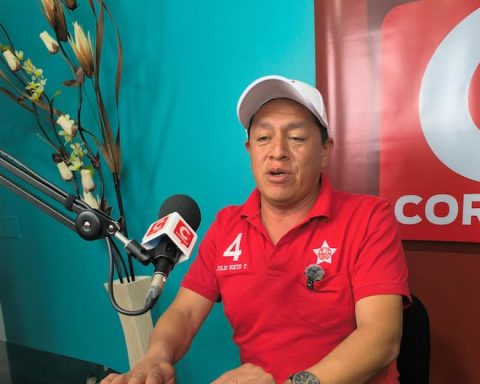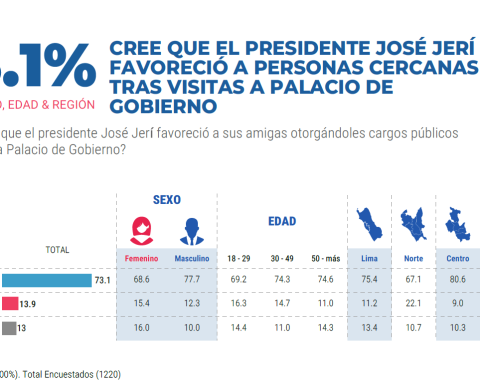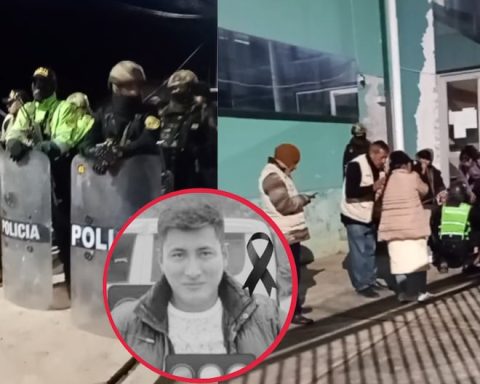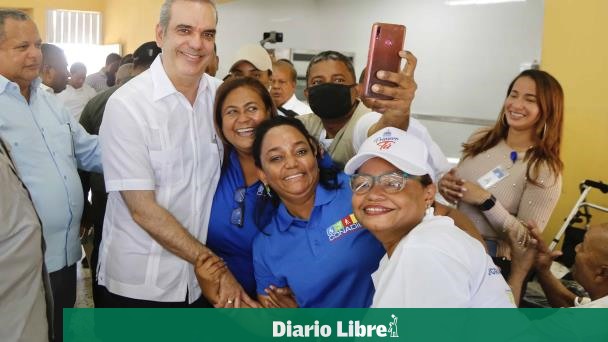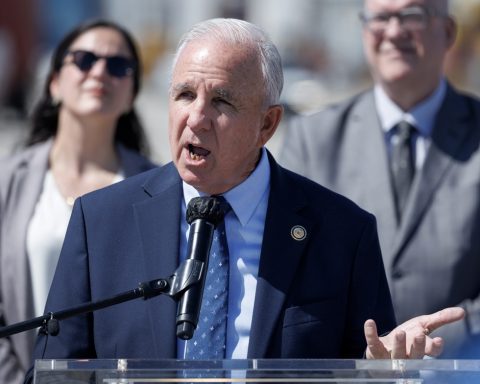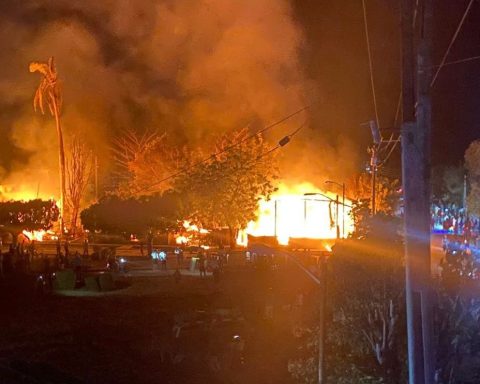Since last April 25, public and private educational institutions throughout the country have received schoolchildren at 100% capacity. Situation that showcases the vulnerability of female students in the country given that the problem has not yet disappeared after the pandemic.
WATCH THIS: School violence increases by 30% in educational centers in Junín
In this sense, according to the SíSeVe portal of the Ministry of Education (Minedu), in the last 9 years a total of 41,502 cases of school violence were registered at the national level (April 2022), of which 50% had women students as victims, that is to say that 20,893 cases reported by girls and adolescent women were reported.
Likewise, according to the same entity, only so far this year there have been 874 cases registered in the territory after the return to face-to-face classes, of which 389 (44.5%) correspond to cases of physical violence, 322 (36.8 %) cases of psychological violence and 163 (18.6%) cases of sexual violence.
Preventive actions
Faced with this problem, Plan International Peru, an organization that has been working for 28 years in the territory to ensure the rights and equality of girls, recommends promoting the prevention of these cases of school violence from the schools themselves, through its different actors.
“Being a space that brings together students, teachers and families, actions can be promoted in favor of the eradication of gender stereotypes, promote healthy relationships between members of the educational community, strengthen skills related to protection mechanisms, as well as such as the incorporation of the gender and diversity approach”, highlighted Ada Mejía, head of gender and the organization’s national technical team.
IT MAY INTEREST YOU: Learn to detect and avoid bullying in children and adolescents in schools
joint work
Plan International is committed to the fundamental rights of girls and adolescents in Peru. That is why, as a sample of its actions, in 2019, the organization was recognized by the Ministry of Education (Minedu) as an “Ally for Education”, for its collaboration in projects that improve student learning.
In this sense, the public entity and Plan International have deployed a joint prevention strategy through the development of training programs that seek to strengthen the aspect of security and violence prevention.
“Although there are some actions from various areas of Minedu, the incorporation and participation of strategic actors, such as mothers, fathers, caregivers and civil society organizations, still represents an opportunity in favor of gender equality and the defense of rights of girls and adolescents for a life free of violence, concluded Mejía.


